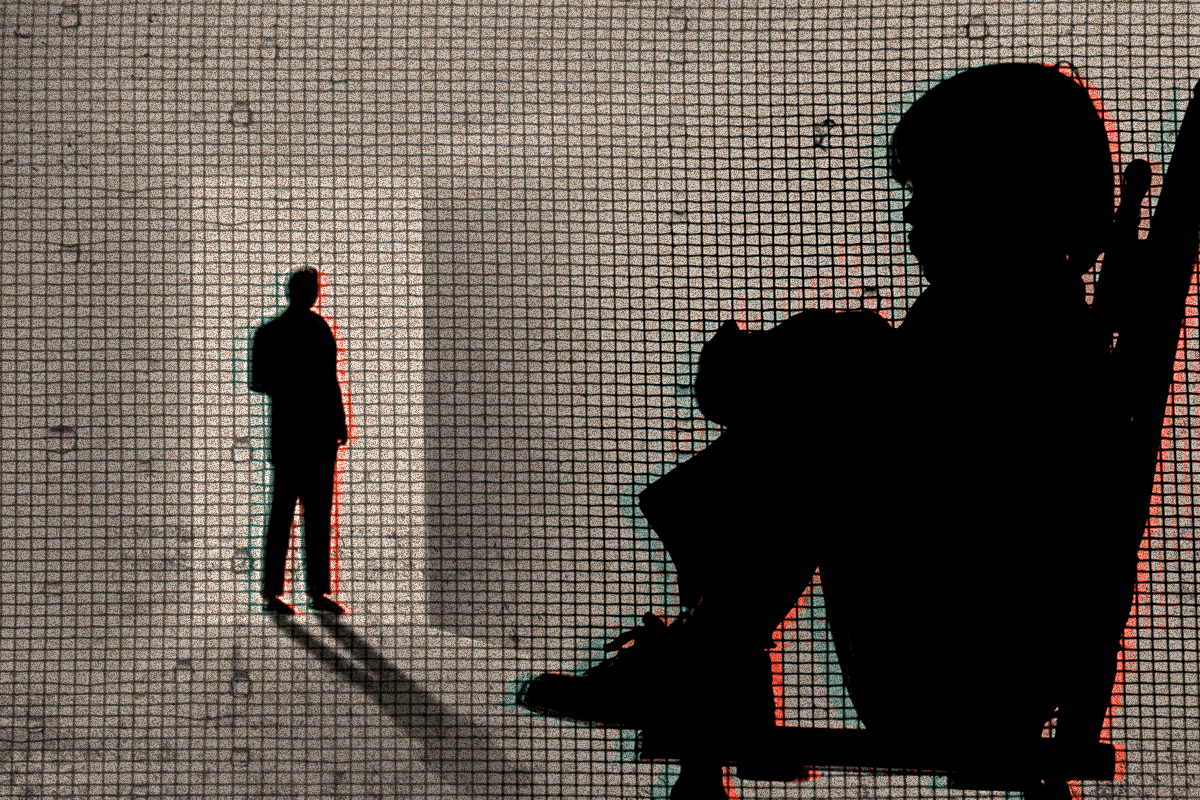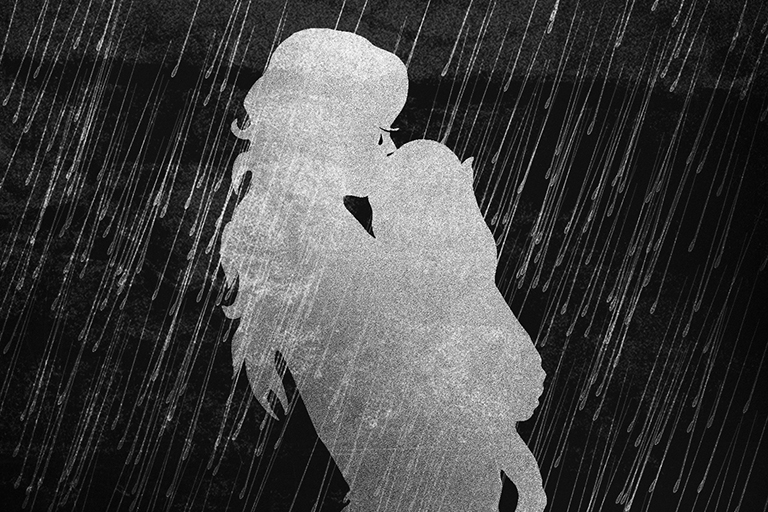KARACHI: I remember the first time I bled. Spotty brown streaks on white cloth where I didn’t expect to find them. I remember holding out a blood stained underwear for my mother to inspect as she knocked on the bathroom door to make sure I was okay. I remember waking up to find blood on my sheets, on my clothes and my skin, and my mother, holding me close, whispering, “Flowers, little blood flowers inside you, they’re only coming out.”
My tears would soak her clothes, and her tears would wet my hair. I was only 10, but my body bled relentlessly. The blood would come for weeks – sometimes it was a fresh red, and sometimes I’d find old, brown blood streaking my thighs. My insides were bleeding out but the doctors told my parents that we were overreacting. We were told that girls in our part of the world bleed heavily when they hit puberty. They also pinned it down to my diet and my weight. I needed to eat more, they said; if I put on a little bit of weight, that would fix the endless bleeding. But when the blood came, I couldn’t find it in myself to eat. I grew up underweight, anemic, fatigued.
And then, as my first year of college was coming to an end, the bleeding went on for three entire months. As white melted into green that spring in New York, my body slowly began to give out. And then it crumpled, and I stumbled into a dark, blood soaked, fatigue.
I remember the white sheets, the metal bed, the blue jelly they rubbed on my skin. I remember my mother staring intently at the cheap orange ovary-diagram plastered on the wall, as she drew patterns with her fingers on my skin. We went for an ultrasound a week after I came back from college, not knowing how to face whatever lay ahead of us. They made me drink endless amounts of water before they peered into my insides. The first thing the doctor asked us was if I bled a lot, and I remember the tears that stung my eyes as she validated the pain I’d felt for so many years. I asked to see them; the little growths on my ovaries that she was describing. And so she printed out pictures on glossy, palm sized pieces of paper.
Read: I got my period but didn’t bleed
I spent the next few weeks visiting different doctors. Some told me I might never be able to have children; others told me to get over myself because one out of every three women in Pakistan have my condition – Polycystic Ovary Syndrome (PCOS): a set of symptoms that result from enlarged ovaries that contain follicles surrounding the eggs, and do not function properly. These symptoms range from disrupted hormonal levels that cause hair growth, acne, depression, weight gain for some, to irregular periods, anxiety, eating disorders, sleep apnea and problems with fertility for others. Every woman has a different experience of PCOS – mine consisted of heavy, endless bleeding, an eating disorder, anxiety, fatigue and depression. One out of every three women in Pakistan have PCOS, according to my doctors, and yet what surprised me was that overwhelming number hadn’t translated into any kind of discourse or space for women to navigate that condition.
The first doctor I went to prescribed a birth control pill to balance out my hormone levels. When I asked him about the side effects, he said, “Why does that matter? If the side effects are bad will you not get yourself treated? ”
And so I started taking a pill that caused me to puke every morning. That summer, my hair fell out, I’d have severe headaches every day and I spent most of my time looking up pictures of polycystic ovaries, trying to understand what my insides looked like. I’d cry myself to sleep some nights, as I struggled to come to terms with the fact that there was an imperfection inside my body that I couldn’t fix. Older women in my family asked me to not talk about it; they feared people would assume I couldn’t have children. They feared the consequences of my failing the one expectation our society has of its women. And so I’d silently stare at my computer screen, hoping to find anything I could do to fix some of it, all of it, any of it. Before the summer ended, I changed my doctor and my pill.
The second pill coincided with my second year at college. As the autumn leaves fell, and I went from short shorts to skinny jeans – my body began to expand. Nothing fit. Friends made jokes on Facebook photos about my late hitting ‘Freshman 15’. I worked with myself to embrace my new body, but then the mood swings hit. I felt like I couldn’t keep up with myself and all that I was feeling.
Read: Opinion: When hyper-masculinity and hyper-nationalism meet
I felt lucky to have my best friend from Karachi at a college close to me. He was there for me when I’d cry from confusion, when I’d lash out at him for no reason, when I’d feel worthless and fatigued. My emotional dependency on him began to scare me. I was afraid he’d judge me and stop respecting me for not knowing how to understand myself or what I was experiencing. And, he did. He stood by me every step of the way, as I went from lows I’d never hit before to taking back control of my life – but he also started judging me, telling me how to live my life, talking down to me. He could never see me the same way. And I could never forgive him.
I lost two years of emotional stability to fluctuating hormones, and I also lost my best friend. But then, I learned to heal.
The healing came with acceptance. I changed my pill again, I worked on my diet and decided to go vegan. I started counting my calories, I started working out, I started taking back my life from the hormonal imbalances that kept pushing me down. And I pushed all the voices out; the ones that judged me, the ones that made me feel dependent, the ones that made me feel imperfect. When I was ready to heal, my mother was there, waiting to walk me through it.
My experience with PCOS pushed me to grow in very important ways but it also left me angry. I was angry at a society that didn’t know how to give me the space to come to terms with the changes my body was experiencing. Bleeding once every month may be natural, but it is also traumatic. We do not talk to our girls about how to process the blood they’ll find one day on their underwear. We teach them to normalise the pain and the trauma to an extent that prevents us from even recognising sexual and reproductive health related problems they may be experiencing.
We do not know how to talk to women who are in pain, we do not know how to stand by them as they come to terms with PCOS. We normalise female pain, anxiety and depression. We grow apathetic to it. We expect women to just get on with it. And that apathy, those expectations – they’re violent in ways we’re not even taught to fathom.

 Design: Aamir Khan
Design: Aamir Khan











